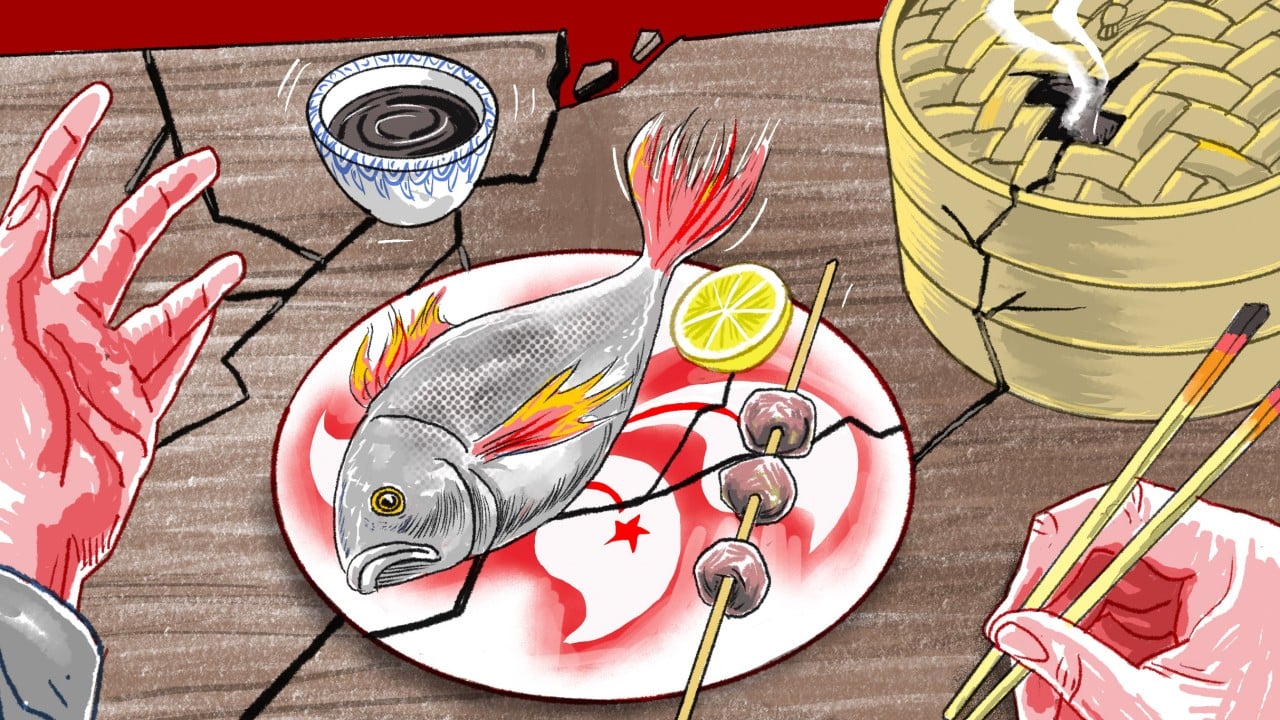Hong Kong has long celebrated its status as a “culinary paradise” – a city where East meets West across steaming bamboo baskets and sizzling skillets. Yet behind the Michelin stars and street food fame, the city’s food and drink industry is quietly unravelling.
Advertisement
Soaring rents, a deepening labour shortage, fractured supply chains and a vanishing pool of culinary talent have left businesses scrambling. In response, policymakers and industry leaders have embraced one particular remedy: the importation of foreign workers. But while expedient, this approach fails to address the underlying structural fractures hobbling the industry.
Since the 1990s, Hong Kong’s agricultural and fisheries sectors have deteriorated. Once supplying more than 30 per cent of the city’s vegetable needs, local production now accounts for around 2 per cent. The Agriculture, Fisheries and Conservation Department appears to be focusing more on regulation than on development and being an industry catalyst.
Meanwhile, the city’s once-thriving fishing fleet has faded. By 2024, imports accounted for most of the seafood sold, while local fisheries produced about 92,000 tonnes. As much as half of the imported reef fish also had no traceability documentation, according to research published in the journal Marine Policy.
This deindustrialisation has placed Hong Kong’s food and drink operations at the mercy of global supply chains, making them vulnerable to geopolitical disruptions, rising transport costs and climate shocks. Worse yet, the absence of a robust traceability system or comprehensive produce certification framework means that even high-quality farm goods struggle to earn consumer trust or achieve market premiums.
Advertisement
Hong Kong’s food system suffers from disjointed administration. Licensing is overseen by the Food and Environmental Hygiene Department, agricultural support is nominally housed with the Agriculture, Fisheries and Conservation Department and industry development falls under the Commerce and Economic Development Bureau. Coordination appears to be minimal at best.

